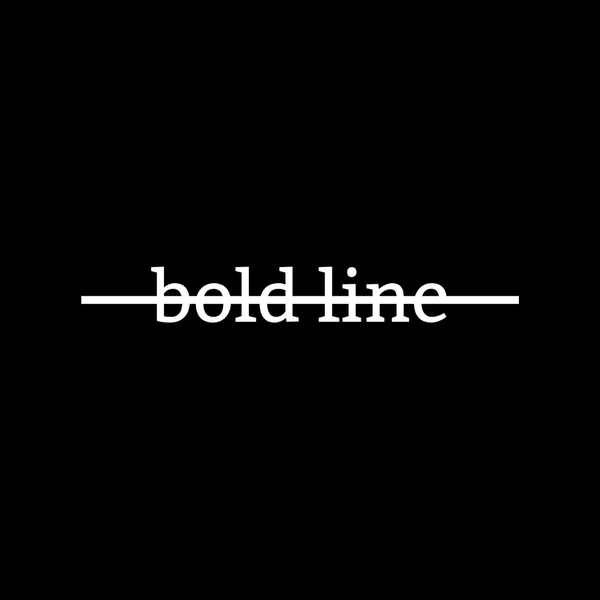Hollywood, the epicenter of global cinema, has long been dominated by male voices and perspectives. However, as the winds of change sweep through the iconic hills, a new breed of directors is emerging, challenging the status quo and reshaping the narrative. These are the feminist directors of modern-day Hollywood, and their influence is undeniable.
1. Ava DuVernay: Breaking Barriers with Every Frame
Ava DuVernay, the first Black woman to win the Best Director Prize at Sundance Film Festival for her film "Middle of Nowhere," has been a force to reckon with. Her work, including the critically acclaimed "Selma" and the documentary "13th," delves deep into issues of race, gender, and social justice, offering a fresh and necessary perspective in Hollywood.
2. Greta Gerwig: A Fresh Voice of a Generation
With films like "Lady Bird" and "Little Women," Greta Gerwig has cemented her place as one of the most influential feminist directors of our time. Her characters are complex, multi-dimensional, and real, challenging the often one-dimensional portrayals of women in cinema.
3. Patty Jenkins: Superheroes Beyond the Gender Lens
Patty Jenkins smashed box office records with "Wonder Woman," proving that superhero films with strong female leads are not just viable but immensely popular. Her portrayal of Wonder Woman was both powerful and sensitive, challenging traditional gender norms and redefining what it means to be a hero.
4. Kathryn Bigelow: Thriving in a Man's World
As the first woman to win the Academy Award for Best Director, Kathryn Bigelow's impact on Hollywood is profound. Her films, like "The Hurt Locker" and "Zero Dark Thirty," often delve into traditionally "masculine" genres, proving that gender should never be a barrier to storytelling.
5. Dee Rees: Telling Stories from the Margins
Dee Rees, with her powerful films like "Pariah" and "Mudbound," brings to the forefront stories from the margins. Her characters, often grappling with issues of race, sexuality, and identity, offer a fresh perspective in an industry often rife with stereotypes.
In Conclusion
The rise of feminist directors in Hollywood is not just a trend but a testament to the changing dynamics of global cinema. These directors, with their unique voices and perspectives, are challenging the industry to be more inclusive, diverse, and representative. Their films, often both critically acclaimed and commercially successful, prove that there's a hunger for stories that reflect the diverse tapestry of human experience. As audiences, it's our privilege to witness this evolution and our responsibility to support and champion these voices.

